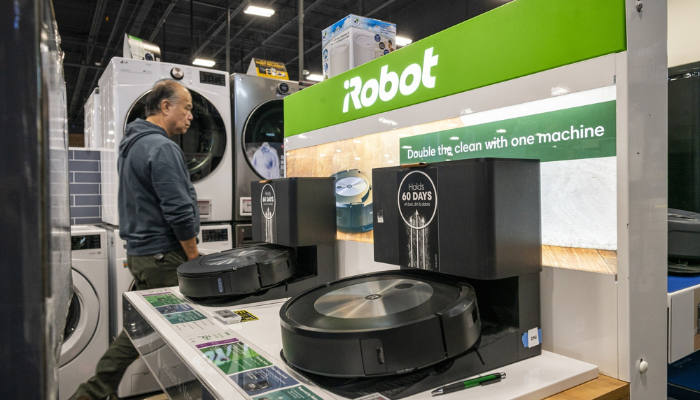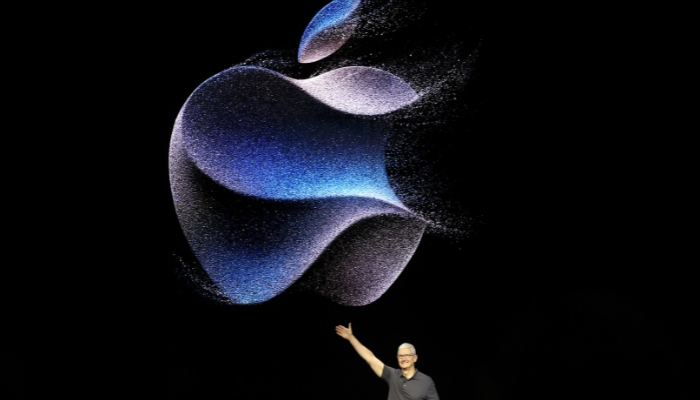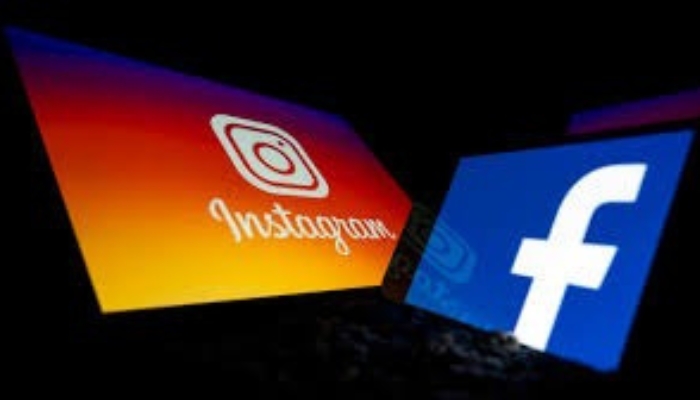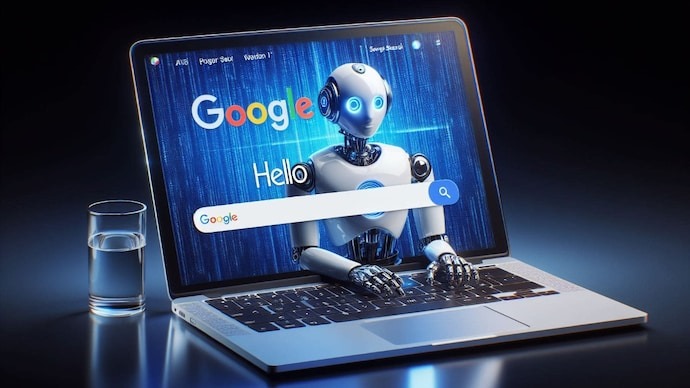
Last updated on March 23rd, 2024 at 10:51 am
Roomba maker announces plans to cut 31% of its workforce and the departure of its CEO following the collapse of the acquisition
Amazon has dropped its intended $1.4 billion acquisition of the robot vacuum cleaner company iRobot due to opposition from the EU. As part of the termination, Amazon will pay a $94 million break fee to iRobot. Following this development, iRobot announced its plan to lay off 31% of its workforce, equivalent to 350 employees, and the resignation of its CEO. The Wall Street Journal had previously reported on January 18th that the EU was preparing to block the acquisition and had informed Amazon of its intention.
In a joint statement, Amazon and iRobot announced that the acquisition had “no route to regulatory clearance in the European Union, preventing the two companies from proceeding with the deal together.”
David Zapolsky, Amazon’s general counsel, expressed that “Excessive and disproportionate regulatory obstacles discourage entrepreneurs, who should be able to view acquisitions as one pathway to success, ultimately harming both consumers and competition – the very objectives regulators claim to safeguard.”
The European Commission formally expressed concerns about the acquisition in November, citing potential restrictions on competition in the robot vacuum cleaner market. Among the Commission’s concerns was the possibility of Amazon reducing the visibility of competitor vacuum cleaners on its retail platform.
Amazon had announced the deal in August 2022, aiming to expand its portfolio of smart home devices, which already included the Alexa smart speaker and Ring doorbell.
“This was the inevitable result after Amazon chose not to propose solutions to the European Commission,” she said.
Anne Witt, a professor of antitrust law at EDHEC Business School, described the collapse of the deal as a “fascinating development” because historically, big tech companies have been able to address EU concerns regarding acquisitions. For example, last year, the EU approved Microsoft’s $69 billion acquisition of video game maker Activision Blizzard.
Witt noted that the EU’s concerns about the deal mirrored some of the issues raised about Amazon in the FTC’s broader September lawsuit, which includes claims that the company gives preferential treatment to its own products.
The Open Markets Institute, a research organization studying the effects of corporate monopolies, praised the commission for standing up to Amazon. “Today’s significant news is not just about robot vacuums—it’s about curbing the increasing influence of a few major players over our digital lives, including the devices we use in our homes,” said Max von Thun, OMI’s Europe director.
Colin Angle, iRobot’s founder who resigned as chair and chief executive following the announcement, expressed disappointment at the deal’s termination. He stated, “iRobot is now looking ahead, committed to continuing to develop thoughtful robots and intelligent home innovations that enhance people’s lives, and that our global customers appreciate.”





